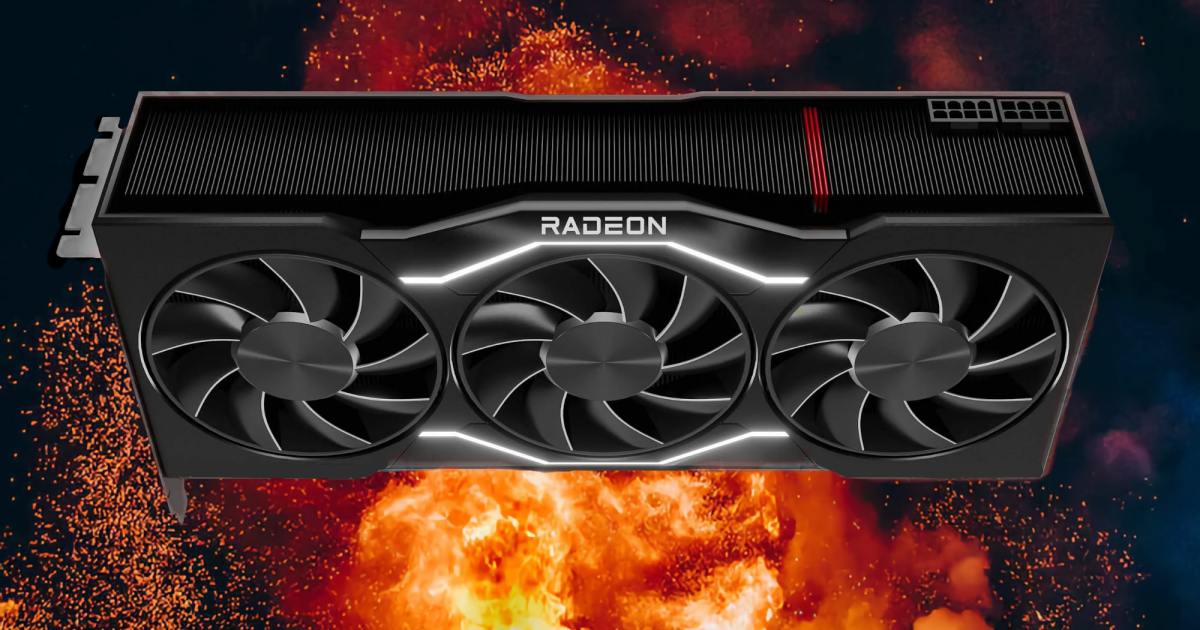A recent leak on the Chiphell forums has revealed AMD’s ambitious plans for its upcoming CPU and GPU architectures. According to a post by forum member zhangzhonghao, AMD is preparing to utilize TSMC’s cutting-edge N3E process node for its next-generation Radeon GPUs and potentially for some of its future CPUs.
The leak highlights the development of GPUs based on the new UDNA architecture, which will succeed the current RDNA. These GPUs are expected to include a flagship model capable of competing with Nvidia’s top-tier GeForce RTX cards, addressing the lack of a high-end option in AMD’s current RDNA 4 lineup.
AMD confirmed that it is working on UDNA at IFA last year, which is expected to span across gaming and enterprise. AMD has announced their unified UDNA GPU architecture. The company previously developed separate GPU architectures, RDNA for gaming and CDNA for compute, which, while successful, created inefficiencies in its GPU hierarchy. The new UDNA architecture aims to unify these designs, simplifying development and enabling streamlined software optimization across all AMD GPUs.
The use of TSMC’s N3E node, an enhanced version of the 3nm process, indicates a focus on improving performance and efficiency. This technology is expected to deliver higher transistor density and better power management, which could translate into enhanced gaming and compute capabilities. The UDNA architecture may also feature upgrades for ray tracing and AI workloads, areas where AMD has lagged behind the competition.
Get your weekly teardown of the tech behind PC gaming
On the CPU side, the leak suggests that AMD is planning to utilize TSMC’s N3E process node for its upcoming Zen 6 CPU CCDs, while the N4C node is expected to be used for the next-generation IO dies. This transition to advanced lithography nodes, combined with architectural changes, suggests that AMD’s next-generation CPUs could deliver a more substantial performance improvement compared to previous generational leaps.
Additionally the post adds that AMD is developing more X3D chips, including the next-generation Halo, a successor to Strix Halo. The company is exploring the use of 3D V-Cache on both CPU and GPU components, potentially enabling X3D tiles on both the CCD and IOD in its chiplet designs. It is also speculated that the next-generation Sony PlayStation 6 APU will make use of 3D V-Cache, while Microsoft has yet to decide on implementing this technology in its future Xbox console.

